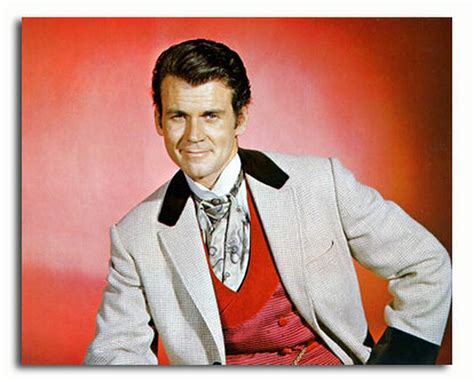A Quote by Jonathan Dee
The first draft often is really fast, and I'd be terribly ashamed if anybody ever saw it.
Related Quotes
After finishing the first draft, I work for as long as it takes (for two or three weeks, most often) to rework that first draft on a computer. Usually that involves expansion: filling in and adding to, but trying not to lose the spontaneous, direct sound. I use that first draft as a touchstone to make sure everything else in that section has the same sound, the same tone and impression of spontaneity.
The longer I write, the more important I believe it is to write the first draft as fast as possible. In drafting, I push myself so I am at the edge of discomfort...Later, it will be time for consideration and reconsideration, slow, careful revision and editing. But on the first draft I have to achieve velocity, just as you do if you want the bike to balance.
Almost all good writing begins with terrible first efforts. You need to start somewhere. Start by getting something-anything-down on paper. A friend of mine says that the first draft is the down draft-you just get it down. The second draft is the up draft-you fix it up. You try to say what you have to say more accurately. And the third draft is the dental draft, where you check every tooth, to see if it's loose or cramped or decayed, or even, God help us, healthy.
I am a technophile, so there is no such thing as a first draft. The first draft plunges on, and about a quarter of the way through it I realise I'm doing things wrong, so I start rewriting it. What you call the first draft becomes rather like a caterpillar; it is progressing fairly slowly, but there is movement up and down its whole length, the whole story is being changed. I call this draft zero, telling myself how the story is supposed to go.





































